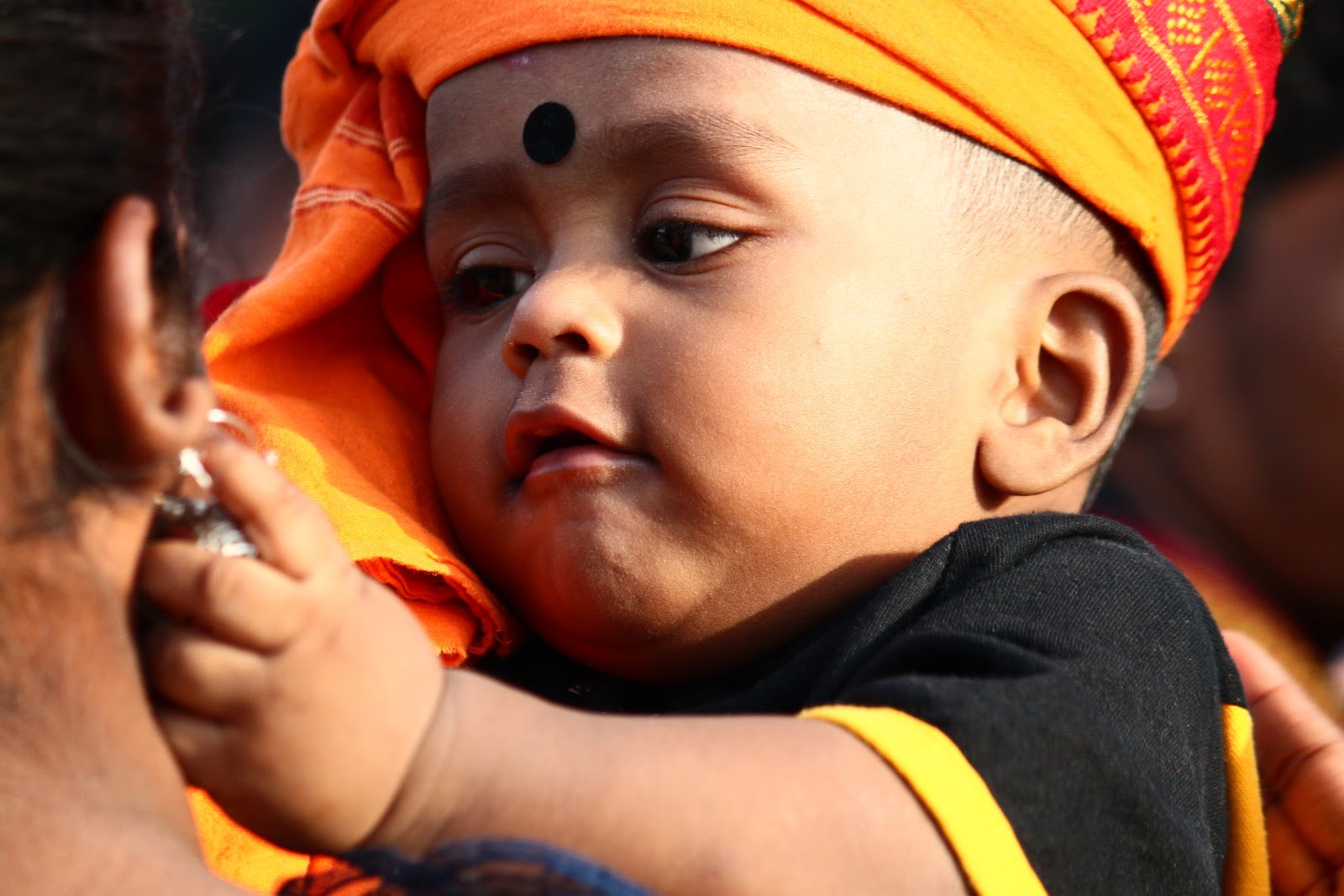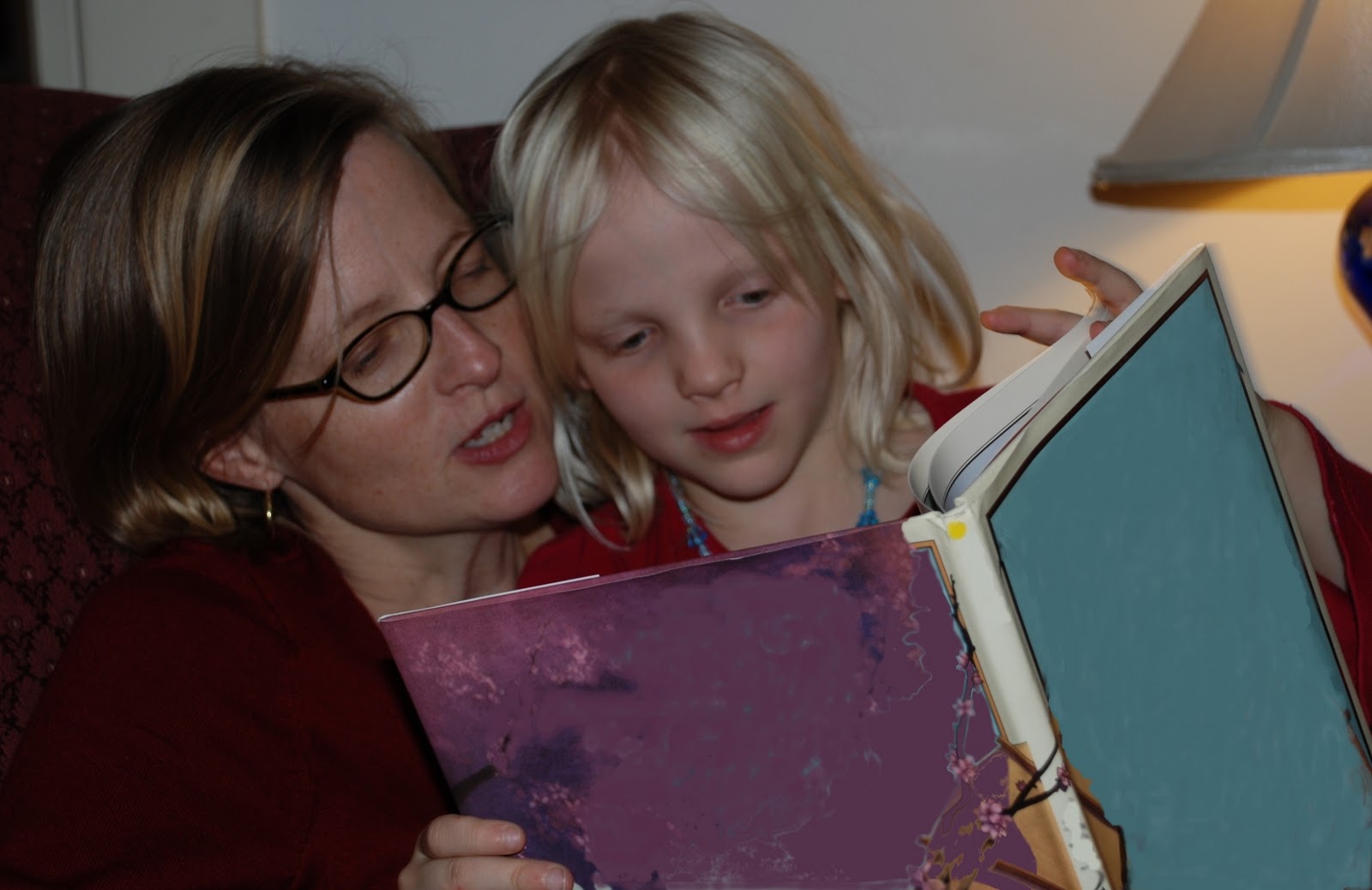This is a parenting blog written by two moms, one a parenting coach and the other a children’s book author, who are hoping to nurture courage in their children and who want to share their experiences and their insights with others.
Who is this blog for?
It’s for parents, but it’s also for teachers, day-care providers, nannies, grannies, social workers – anyone who spends a lot of time with children, and anyone who supports the idea of strong, brave kids growing up to be strong, brave adults who can face the challenges of the future effectively. It’s also for people who want to develop their own capacity for courage.
What can you find here?
You can find:
· cutting-edge psychology research, such as this post about locus of control and how understanding it can help you raise resilient kids
· traditional tales, fables, legends and myths, such as this inspiring Jataka tale from India, the legend of the Banyan Deer
· provocative questions
How did this courage project come about?
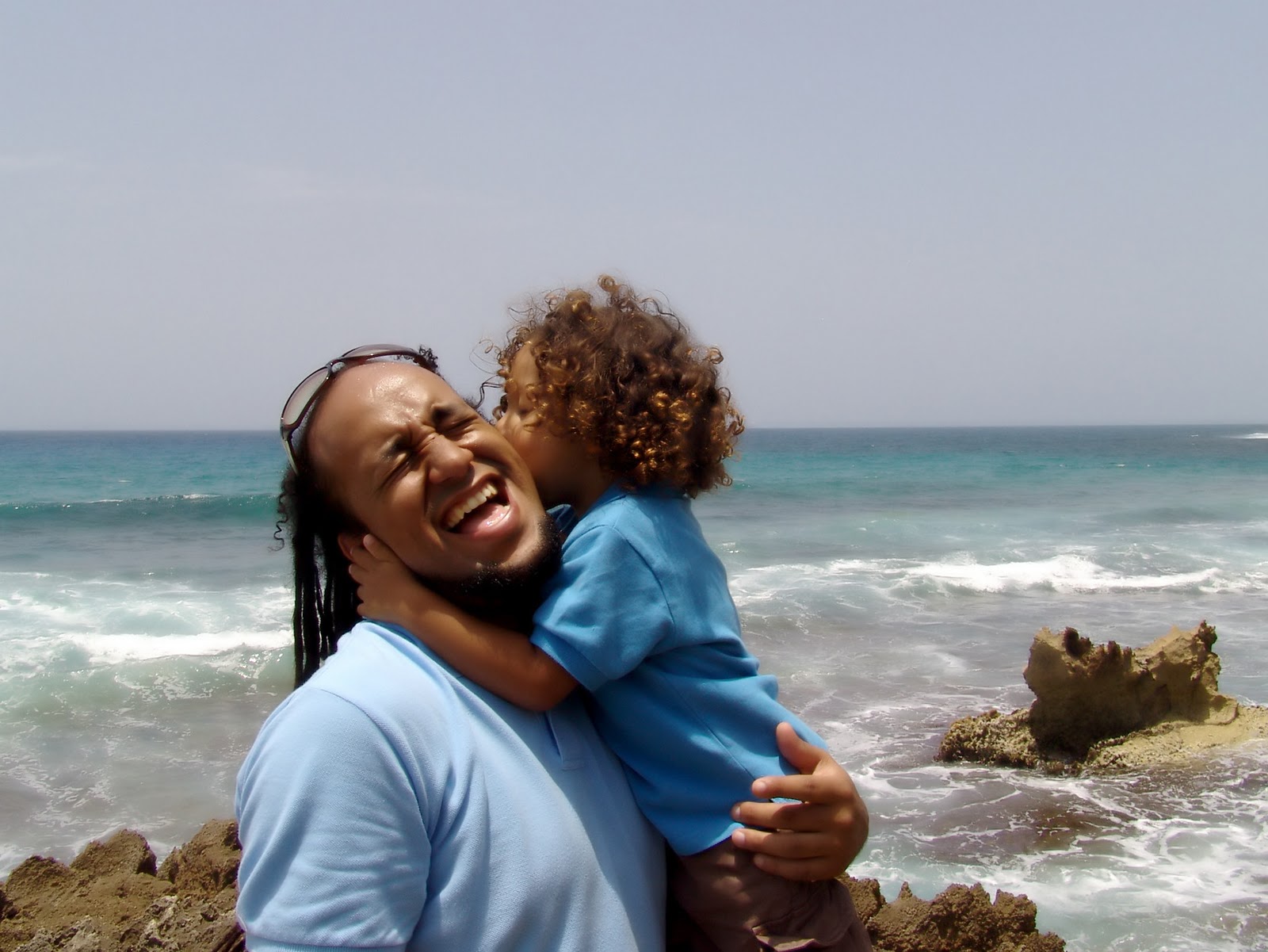 Once Lisa and Jennifer’s daughters became best friends, these two moms spent many hours in conversation about how to raise happy, confident, self-disciplined, courageous kids. Dr. Lisa’s work in promoting resiliency in children and families brought to light for her the importance of courage for meeting all of life’s challenges; Jennifer’s immersion in myths, legends, folk tales, fables and children’s literature has made clear for her the necessity for the hero/ine to be an active agent in his or her own story. We believe it is our role as our children’s parents to be their role models and to offer them our wisdom, our tales of courage, and plenty of opportunities for practicing the six types of courage.
Once Lisa and Jennifer’s daughters became best friends, these two moms spent many hours in conversation about how to raise happy, confident, self-disciplined, courageous kids. Dr. Lisa’s work in promoting resiliency in children and families brought to light for her the importance of courage for meeting all of life’s challenges; Jennifer’s immersion in myths, legends, folk tales, fables and children’s literature has made clear for her the necessity for the hero/ine to be an active agent in his or her own story. We believe it is our role as our children’s parents to be their role models and to offer them our wisdom, our tales of courage, and plenty of opportunities for practicing the six types of courage.
Why courage? Why not love or honesty or something else?
We feel that this quote expresses exactly how we feel about this project: “Courage is rightly esteemed the first of human qualities…because it is the quality which guarantees all others.” This was Sir Winston Churchill paraphrasing Aristotle. We interpret this to mean that courage is the mechanism by which we put all other virtues into action. For example, loyalty is a significant virtue, but if a child is afraid to stand up for his friend against a bully, that loyalty remains more of an idea than a reality. Unless you have the courage to risk social or emotional vulnerability, love remains an abstract notion rather than a life-affirming and productive way of being in the world. Compassion is only meaningful if we have the courage to reach out and help or forgive another. Dependability only counts if we have the courage to break away from a more enticing activity to show up on time, keep our promises, and match our deeds to our words. All virtues remain inert beliefs or ideas if there is no action; fear often keeps us from action. We believe it is courage that lights the fire under us as parents and in our growing children to walk our talk. To truly develop and put into action the virtues each family holds dear, we all need courage in different ways every day. This blog is our attempt to answer the question, “How do I raise my kids to have courage?”
Why now?
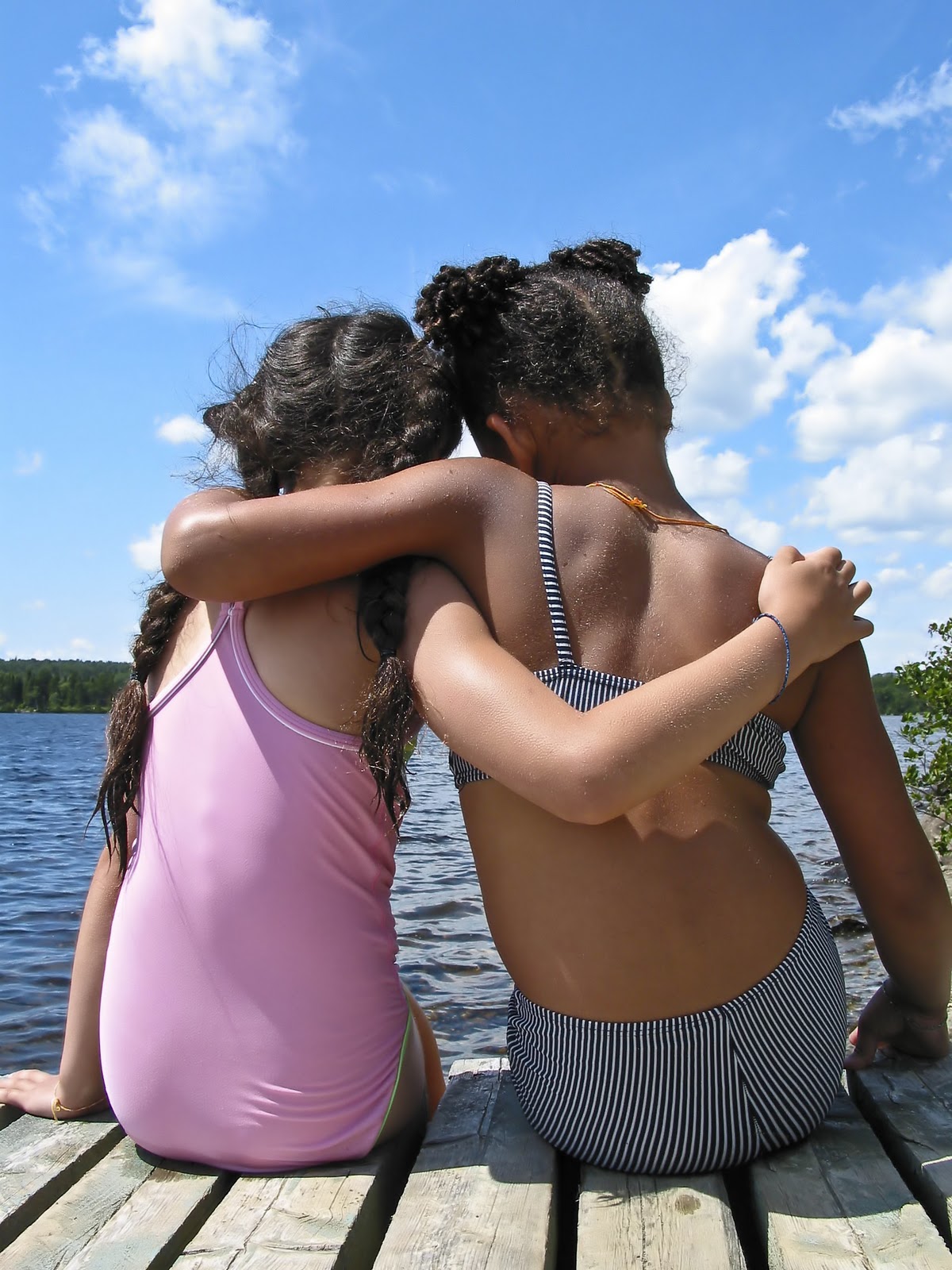
We hear a lot about “the world our children will inherit,” and we’ve given that some serious thought. Our kids will need to make some truly difficult decisions, and they’ll need courage to make them. Attempts to shelter children from challenge are well-meant but probably misguided. A generation accustomed to prosperity and abundance has lost sight of the fact that challenge is what makes us strong. If we start with baby steps now while they are children, empowering them to make thoughtful decisions, to weigh their options, and to challenge their fears, we believe they’ll be better equipped to manage the environmental, socio-political and economic debts they will inherit. Throughout history, people have had to face difficult decisions; but in an increasingly fear-mongering climate, we are inundated with messages that signal our innate fear responses – not necessarily based on real threat, and not at all to our benefit. Without filtering or questioning the fear-inducing messages from our culture, we put our children at risk for psychological distress.
How does courage help us with fear?
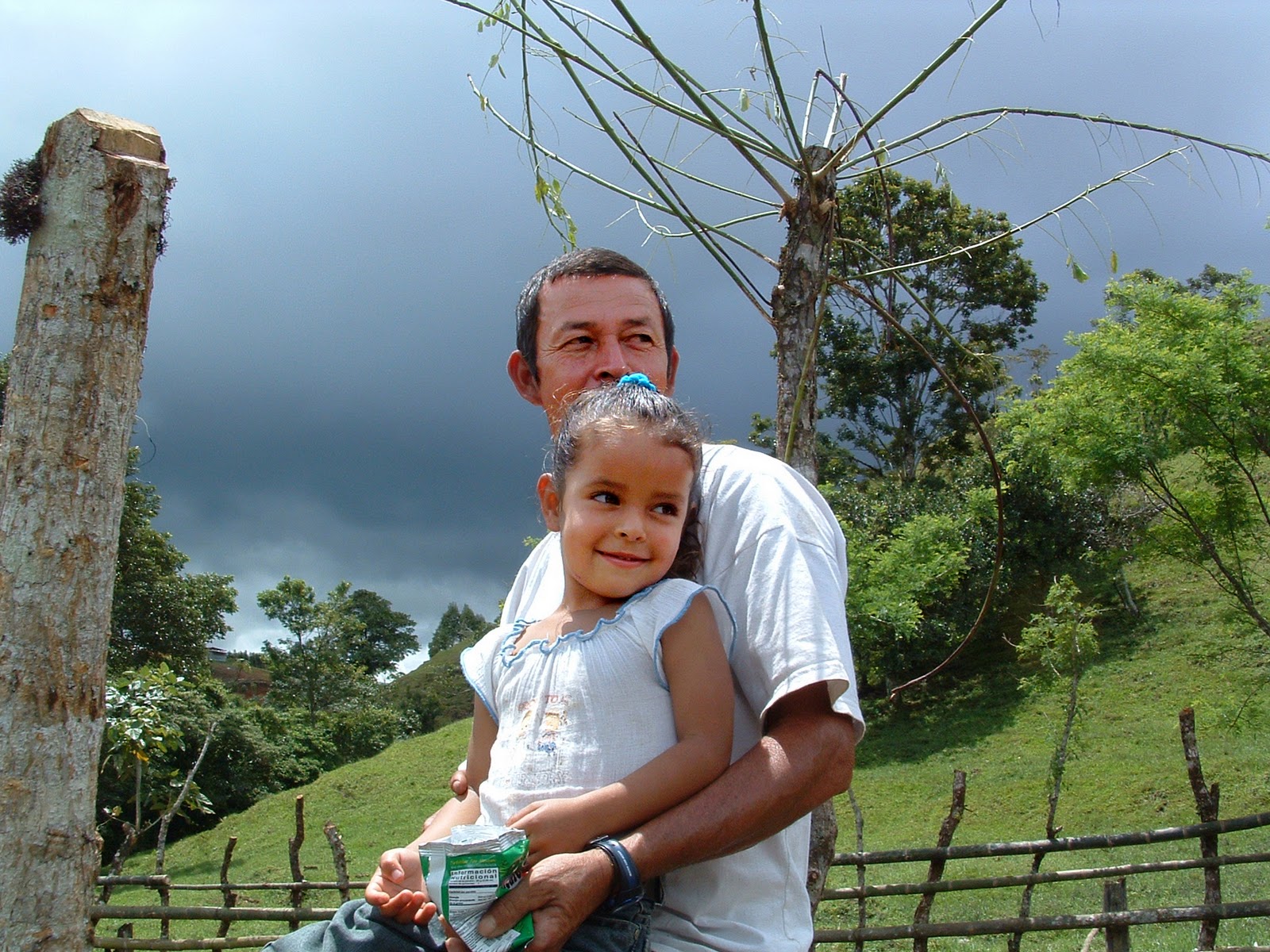 The tale entitled “The Lion’s Whiskers” shows us how each of us can take steps – one step at a time – to overcome our fears, reach our goals, and connect with everything that is important to us. We can teach our children to respect the protective messages associated with fear so that they will learn to distinguish real from imagined threats and act appropriately. They do not need to live in a chronic state of fear, and nor do we. When in a state of fear we can be reactive to perceived threats (fight-or-flight response), and seek out solutions that we think are protective; but we may, in fact, be failing to question whether there is a threat at all. Courage means confronting our fears, with two possible outcomes: either we take appropriate action in response to a real threat (even if we feel like giving up, quitting, or we are scared), or we discover that it’s not a threat at all. Without courage, no one would try new things or be willing to do the difficult thing (like stand up for a worthy cause, become physically fit, befriend a new kid at school)–fear would win out instead! Courage is a kind of proactive mechanism to help transform real or imagined fears into manageable problems to solve.
The tale entitled “The Lion’s Whiskers” shows us how each of us can take steps – one step at a time – to overcome our fears, reach our goals, and connect with everything that is important to us. We can teach our children to respect the protective messages associated with fear so that they will learn to distinguish real from imagined threats and act appropriately. They do not need to live in a chronic state of fear, and nor do we. When in a state of fear we can be reactive to perceived threats (fight-or-flight response), and seek out solutions that we think are protective; but we may, in fact, be failing to question whether there is a threat at all. Courage means confronting our fears, with two possible outcomes: either we take appropriate action in response to a real threat (even if we feel like giving up, quitting, or we are scared), or we discover that it’s not a threat at all. Without courage, no one would try new things or be willing to do the difficult thing (like stand up for a worthy cause, become physically fit, befriend a new kid at school)–fear would win out instead! Courage is a kind of proactive mechanism to help transform real or imagined fears into manageable problems to solve.
Why stories?
Stories are about people. Stories literally bring to life abstract concepts, allowing us to rehearse situations we may find ourselves in, offering different points of view and approaches to problem-solving. Our natural tendency to empathize with the hero/ine makes it possible for us to experience the story as if we were there. It is the nature of heroes/heroines to be active in their own stories, confronting their challenges and moving on toward resolution. Telling stories about courage may be the most powerful way to model courage for children, whether it is a story from our own lives, a story from history, or one of the enduring tales from cultures around the world.
As we have researched this topic, we have concluded that courageous action takes place in six different spheres of human experience: physical, emotional, moral, intellectual, social, and spiritual. For a very long time, courage has been narrowly defined and applied. The result is that too many people overlook or diminish their own capacity or opportunities for courage. We feel that by breaking courage down into six different spheres of experience, we can offer highly useful tips, tales, and techniques for developing a broad range of courage muscles. This way, we hope, children will grow up to be mindful of the different ways they can be courageous, no matter where on the spectrum their courage takes place.
Why us?
Why not us? Why not you!? The fact is we each brought valuable insights from our professional experience to our role as parents. We both spent many years before becoming parents thinking about what makes children strong and brave and good. Now, we are using those insights to be the kind of parents necessary to help rear strong, brave, good children. We are finding in our research that children who are open to experience, are securely attached with a parent or caregiver, who master core competencies and life skills whilst gaining self-confidence, and who learn to be self-disciplined, not only possess courage but also have the capacity to become leaders in their schools, community, and hopefully in the future…in our world! We’d like to share our insights with you.
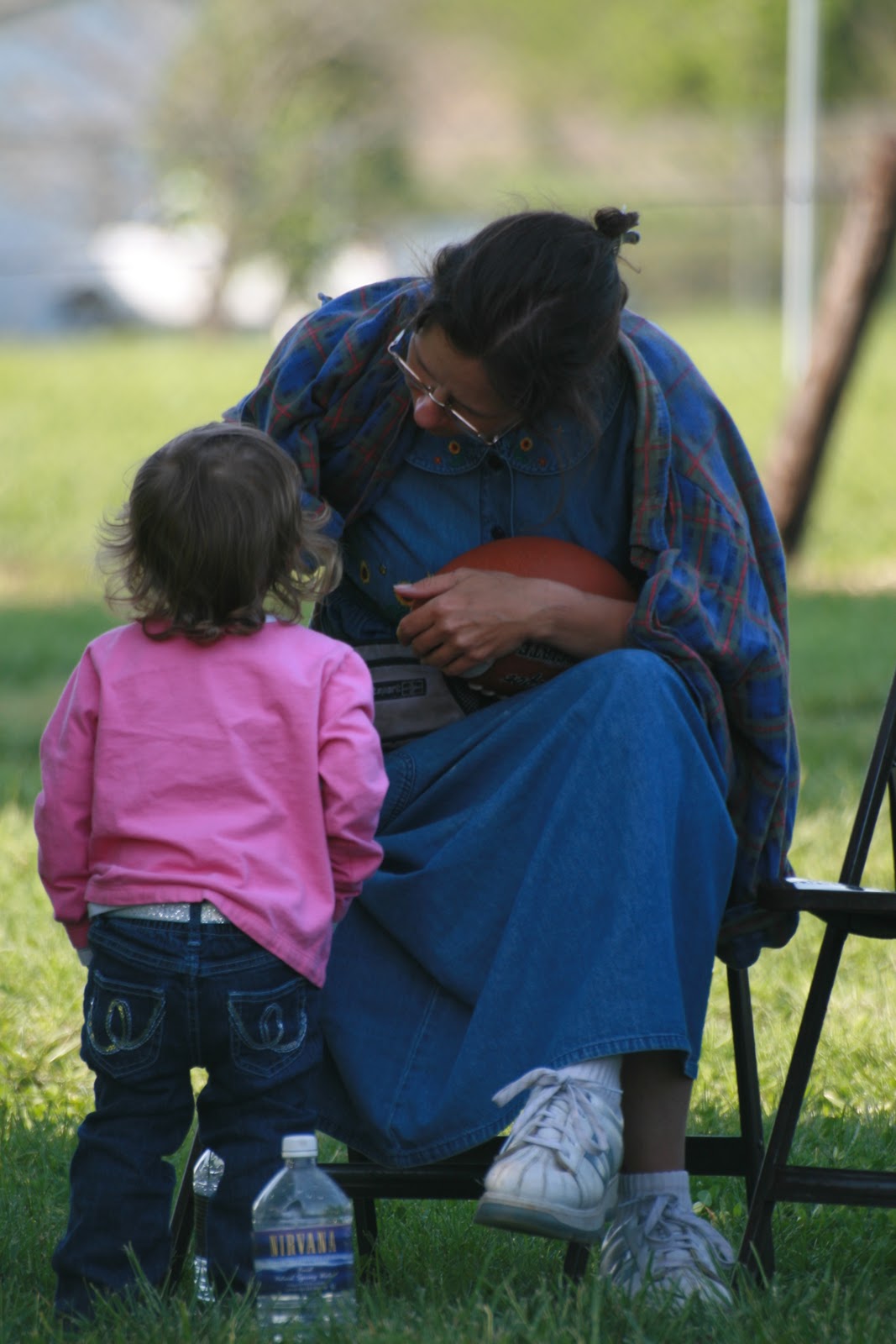 If you think this is an important topic and want to stay in touch with us as we explore the development of courage in our children, please Like our Facebook page, follow us on Twitter @LionsWhiskers, or become a subscriber to get our blog posts by email.
If you think this is an important topic and want to stay in touch with us as we explore the development of courage in our children, please Like our Facebook page, follow us on Twitter @LionsWhiskers, or become a subscriber to get our blog posts by email.
Where next? Start with The Six Types of Courage or a 5-Minute Courage Workout and then go exploring from there. Let us know what you think!
 Once Lisa and Jennifer’s daughters became best friends, these two moms spent many hours in conversation about how to raise happy, confident, self-disciplined, courageous kids. Dr. Lisa’s work in promoting resiliency in children and families brought to light for her the importance of courage for meeting all of life’s challenges; Jennifer’s immersion in myths, legends, folk tales, fables and children’s literature has made clear for her the necessity for the hero/ine to be an active agent in his or her own story. We believe it is our role as our children’s parents to be their role models and to offer them our wisdom, our tales of courage, and plenty of opportunities for practicing the six types of courage.
Once Lisa and Jennifer’s daughters became best friends, these two moms spent many hours in conversation about how to raise happy, confident, self-disciplined, courageous kids. Dr. Lisa’s work in promoting resiliency in children and families brought to light for her the importance of courage for meeting all of life’s challenges; Jennifer’s immersion in myths, legends, folk tales, fables and children’s literature has made clear for her the necessity for the hero/ine to be an active agent in his or her own story. We believe it is our role as our children’s parents to be their role models and to offer them our wisdom, our tales of courage, and plenty of opportunities for practicing the six types of courage.  The tale entitled “The Lion’s Whiskers” shows us how each of us can take steps – one step at a time – to overcome our fears, reach our goals, and connect with everything that is important to us. We can teach our children to respect the protective messages associated with fear so that they will learn to distinguish real from imagined threats and act appropriately. They do not need to live in a chronic state of fear, and nor do we. When in a state of fear we can be reactive to perceived threats (fight-or-flight response), and seek out solutions that we think are protective; but we may, in fact, be failing to question whether there is a threat at all. Courage means confronting our fears, with two possible outcomes: either we take appropriate action in response to a real threat (even if we feel like giving up, quitting, or we are scared), or we discover that it’s not a threat at all. Without courage, no one would try new things or be willing to do the difficult thing (like stand up for a worthy cause, become physically fit, befriend a new kid at school)–fear would win out instead! Courage is a kind of proactive mechanism to help transform real or imagined fears into manageable problems to solve.
The tale entitled “The Lion’s Whiskers” shows us how each of us can take steps – one step at a time – to overcome our fears, reach our goals, and connect with everything that is important to us. We can teach our children to respect the protective messages associated with fear so that they will learn to distinguish real from imagined threats and act appropriately. They do not need to live in a chronic state of fear, and nor do we. When in a state of fear we can be reactive to perceived threats (fight-or-flight response), and seek out solutions that we think are protective; but we may, in fact, be failing to question whether there is a threat at all. Courage means confronting our fears, with two possible outcomes: either we take appropriate action in response to a real threat (even if we feel like giving up, quitting, or we are scared), or we discover that it’s not a threat at all. Without courage, no one would try new things or be willing to do the difficult thing (like stand up for a worthy cause, become physically fit, befriend a new kid at school)–fear would win out instead! Courage is a kind of proactive mechanism to help transform real or imagined fears into manageable problems to solve.

